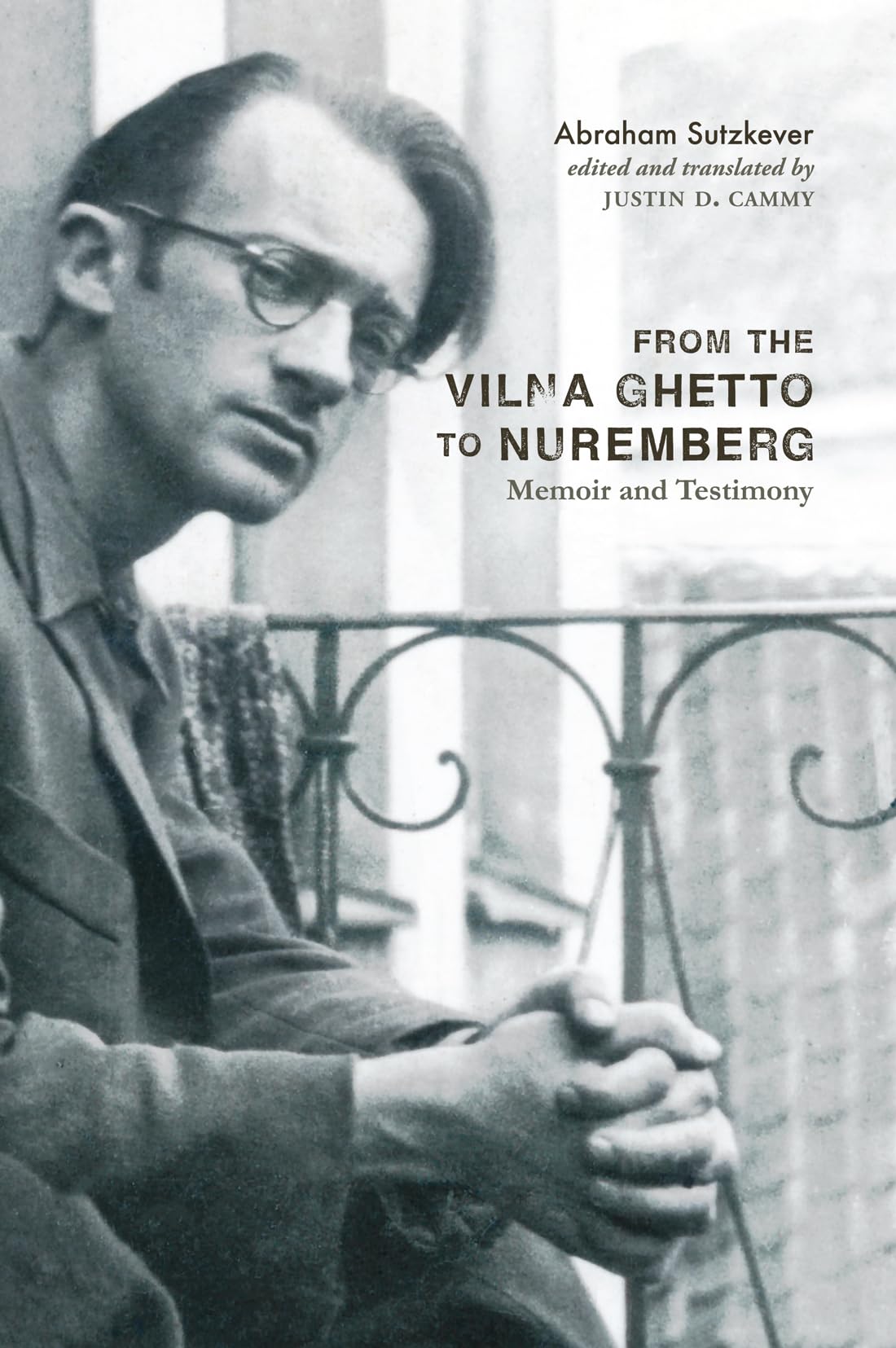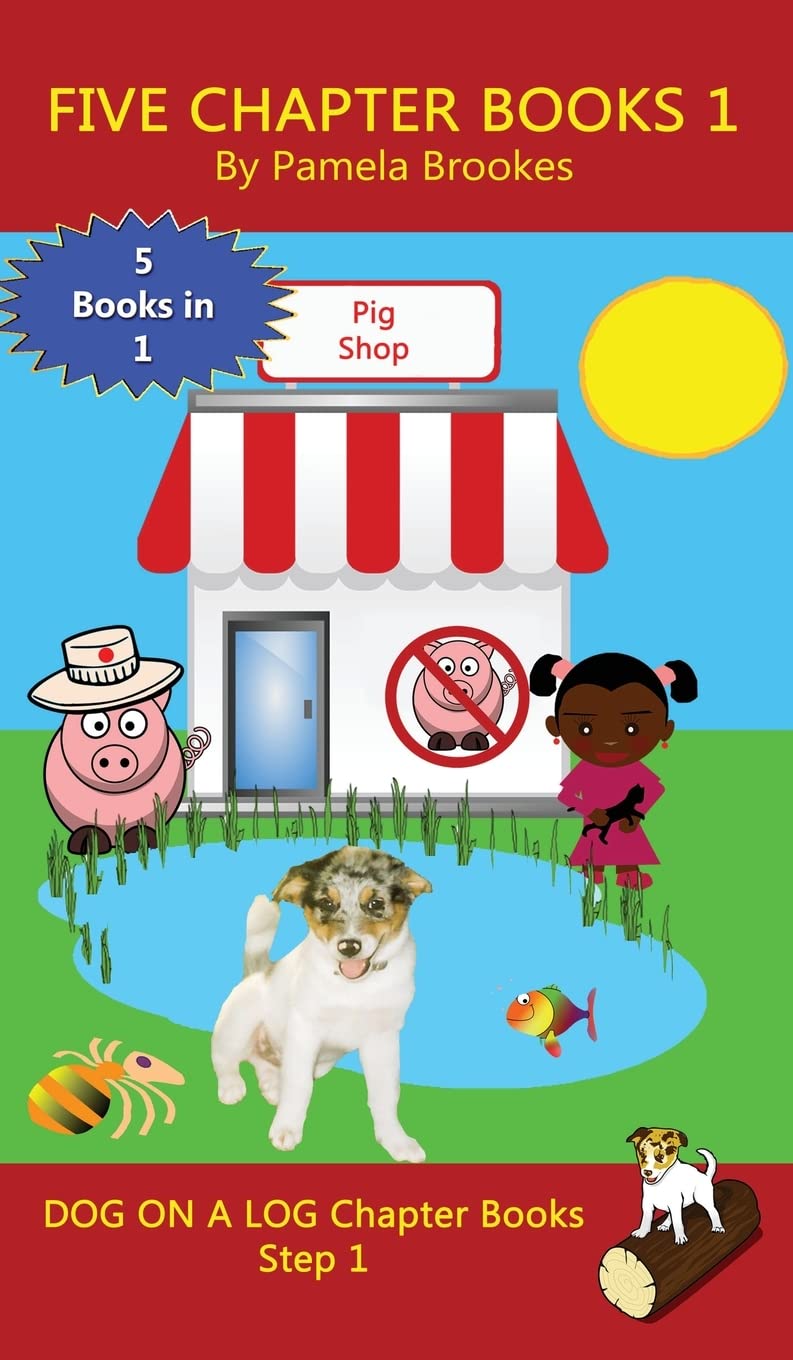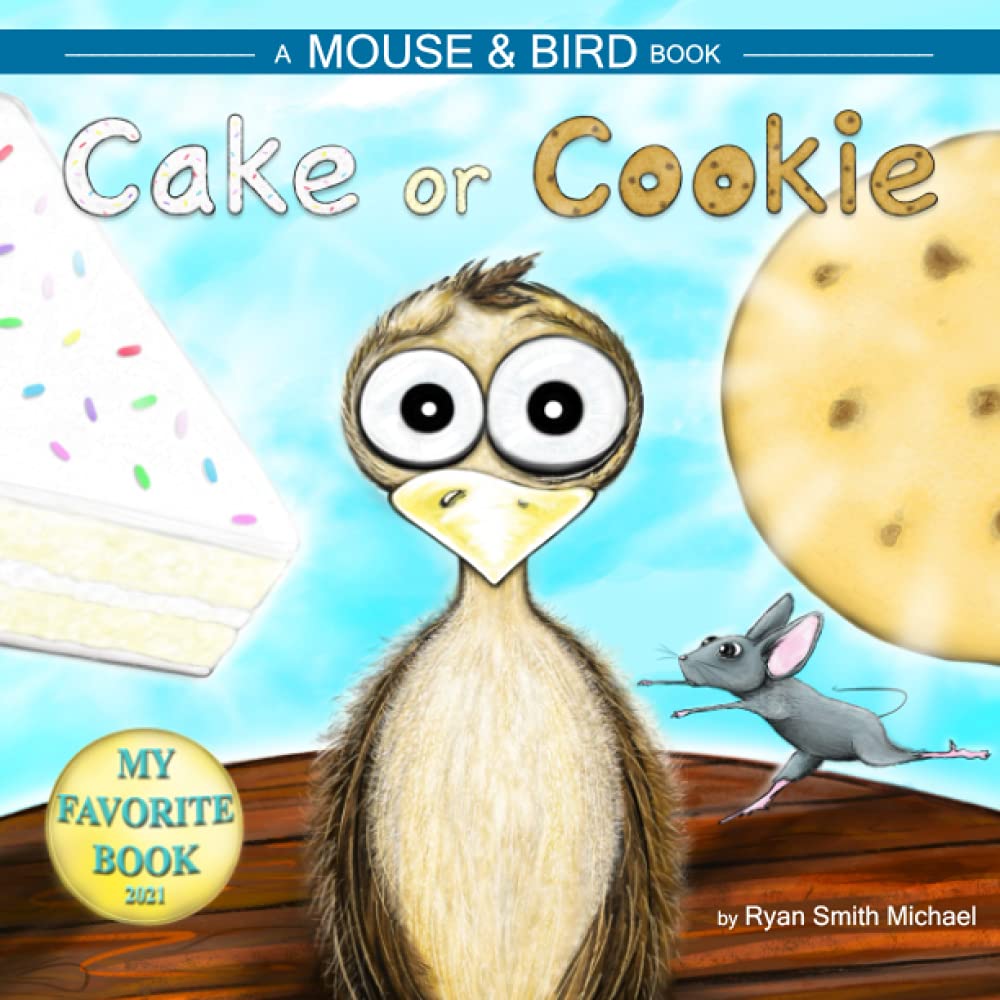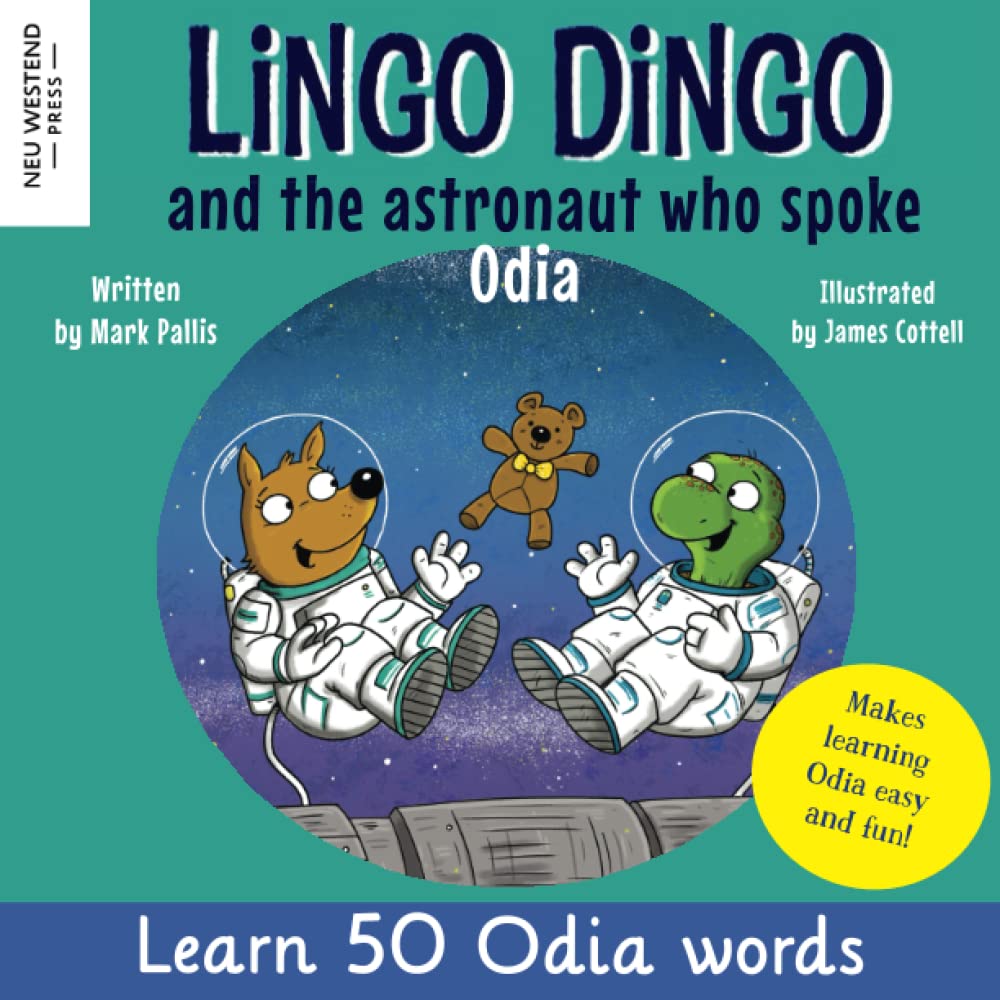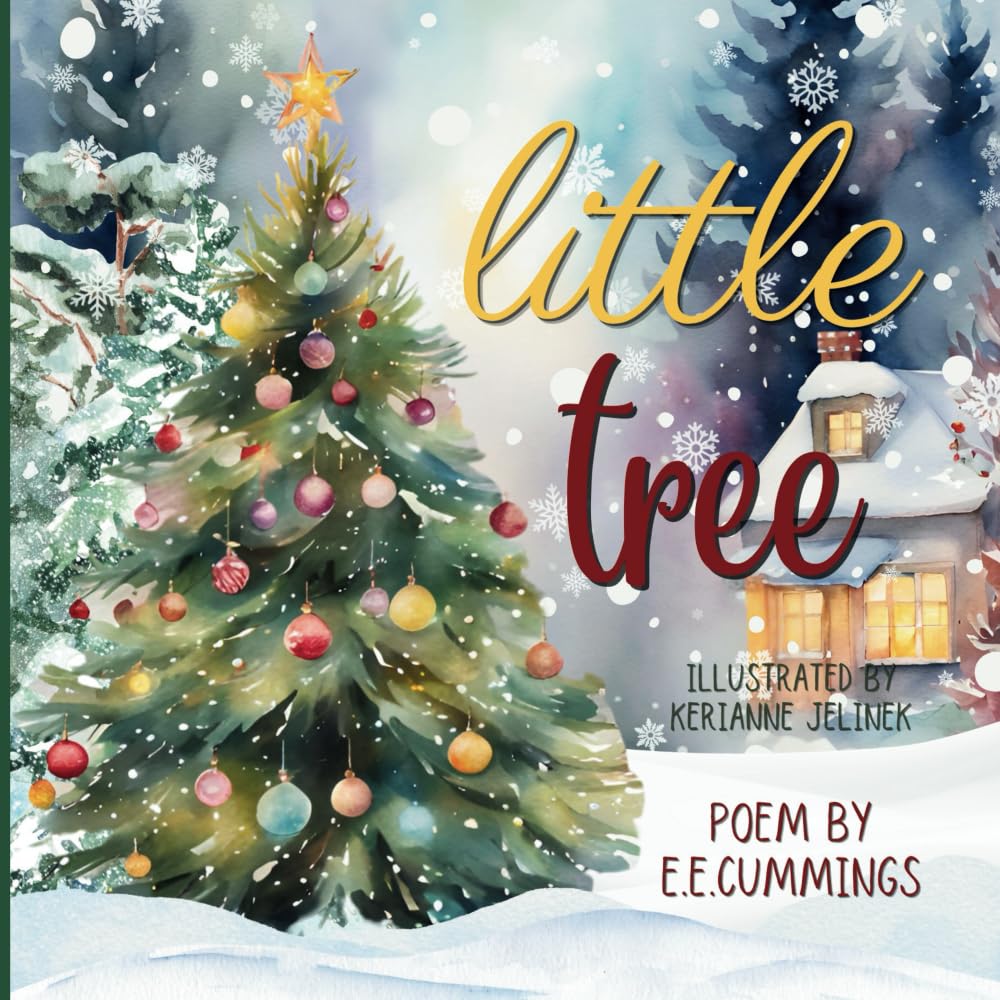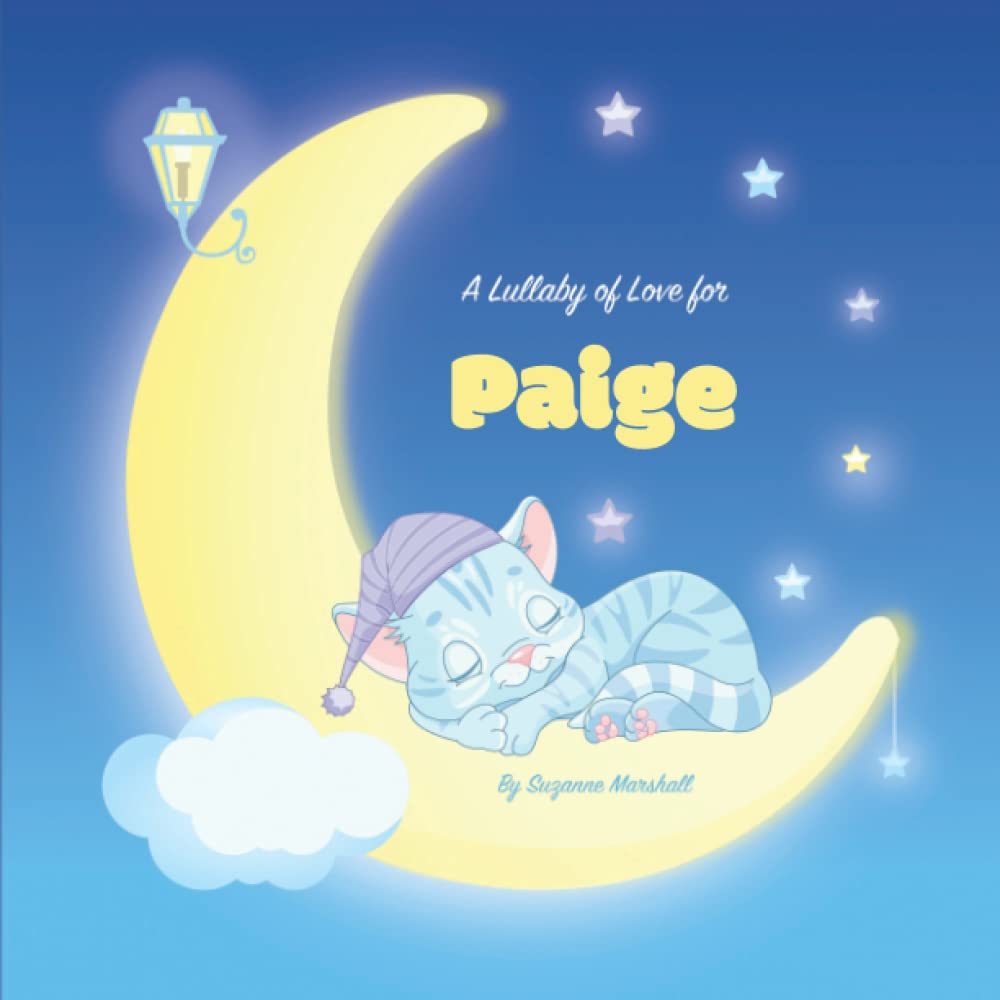2022 LEVIANT MEMORIAL PRIZE IN YIDDISH STUDIES, MODERN LANGUAGE ASSOCIATION 2022 FINESTONE PRIZE FOR THE BEST TRANSLATION OF A BOOK ON A JEWISH THEME, J.I. SEGAL AWARDS 2022 CANADIAN JEWISH LITERARY AWARD HIGHLIGHTED ON CBS's 60 MINUTES (Paper Brigade) In 1944, the Yiddish poet Abraham Sutzkever was airlifted to Moscow from the forest where he had spent the winter among partisan fighters. There he was encouraged by Ilya Ehrenburg, the most famous Soviet Jewish writer of his day, to write a memoir of his two years in the Vilna Ghetto. Now, seventy-five years after it appeared in Yiddish in 1946, Justin Cammy provides a full English translation of one of the earliest published memoirs of the destruction of the city known throughout the Jewish world as the Jerusalem of Lithuania. Based on his own experiences, his conversations with survivors, and his consultation with materials hidden in the ghetto and recovered after the liberation of his hometown, Sutzkever's memoir rests at the intersection of postwar Holocaust literature and history. He grappled with the responsibility to produce a document that would indict the perpetrators and provide an account of both the horrors and the resilience of Jewish life under Nazi rule. Cammy bases his translation on the two extant versions of the full text of the memoir and includes Sutzkever's diary notes and full testimony at the Nuremberg Trials in 1946. Fascinating reminiscences of leading Soviet Yiddish cultural figures Sutzkever encountered during his time in Moscow - Ehrenburg, Yiddish modernist poet Peretz Markish, and director of the State Yiddish Theatre Shloyme Mikhoels - reveal the constraints of the political environment in which the memoir was composed. Both shocking and moving in its intensity, From the Vilna Ghetto to Nuremberg returns readers to a moment when the scale of the Holocaust was first coming into focus, through the eyes of one survivor who attempted to make sense of daily life, resistance, and death in the ghetto. A Yiddish Book Center Translation. "Harrowing... Cammy, with typically penetrating insight, describes Sutzkever's 'uncharacteristic modesty about his poetic oeuvre in Vilna Ghetto which ensured that his own imagination did not overshadow the experiences of others, especially the dead.'" - Times Literary Supplement (UK) "[A] remarkable book, an exemplary scholarly feat" - Forward "...a major literary event that reminds a forgetful culture of the things that demand remembrance ... an ember snatched from not one but two conflagrations — the blazes lit by Adolf Hitler and Josef Stalin that charred cities and bodies in ways that would be unimaginable if they had not been witnessed and survived. - The New York Sun "...a must-read for any student and scholar of the Holocaust...stellar editing and translation..." - Los Angeles Review of Books "To read Sutzkever is akin to singeing one's fingertips on an open fire..." - Israel Hayom "[W]ritten in tight, journalistic prose with a sense of immediacy that reflects the chaos and terror... an incredible story." - Daily Hampshire Gazette "I have read, I suppose, more than a hundred books on the Holocaust. This is among the three or four best." - Leslie Epstein, author of King of the Jews "[An] indictment of what took place under the Germans ... This edition includes an invaluable afterword and notes, a timeline, photographs, and additional materials including Sutzkever's impressions of Yiddish writers he met in Moscow..." - The Best Books of 2021, Mosaic A riveting account of life and death in the Vilna Ghetto by one of the great Yiddish poets of the twentieth century. "The publication of this book is incredibly important. From the Vilna memoir to the Nuremberg trial, the book includes all significant texts by Abraham Sutzkever in Justin Cammy's masterful translation. In fact, it is astonishing that they have not yet appeared in English. A must-read!" - Anna Shternshis, Al and Malka Green Professor of Yiddish studies and Director of the Anne Tanenbaum Centre for Jewish Studies, University of Toronto Abraham Sutzkever (1913-2010) is widely regarded as among the most important Yiddish poets of the 20th Century. Justin Cammy is Professor of Jewish Studies and World Literatures at Smith College.
